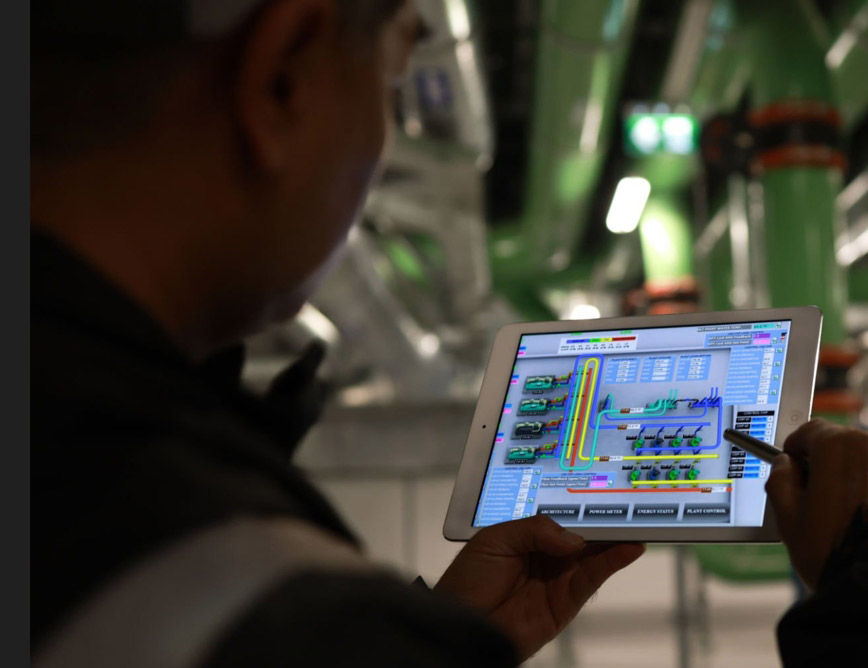Data-Driven Upgrade of Hospital Operations with Intelligent Buildings
- Weichi Liu
- Nov 12, 2025
- 2 min read
Real-time Alerts · Disaster-Response Integration · Energy Optimization · Service Enhancement
RCI is committed to advancing smart-building applications in hospitals. Grounded in data, we incorporate real-time notifications, disaster-prevention/response linkage, and energy optimization into intelligent management workflows—so that in healthcare settings, smart buildings not only interconnect systems and enable data interoperability, but also validate outcomes and drive continuous improvement. Through monitoring, alerting, data analytics, and energy-saving management, we deliver integrated services from central control to the bedside, strengthening safety and resilience, operational efficiency, and the patient experience.

Applications of Intelligent Buildings in Hospitals
Real-time Alerts & Cross-Platform Sync: Central control, mobile devices, and digital signage push incidents and warnings simultaneously to shorten response times.
Disaster-Response Integration & Early Warning: Fire alarms, smoke control, elevators, emergency lighting, and supply/exhaust ventilation auto-coordinate based on scenarios.
AI-Assisted Monitoring & Decision Support: Aggregates sensor data, video, and historical records to detect anomalies and recommend responses.
Smart Evacuation Guidance: App push notifications and digital signboards direct the best escape routes in real time (depending on hospital deployment).
Energy Management & Visualization: Monitors electricity, HVAC, lighting, and water usage in real time; adjusts by load strategies to achieve energy savings, carbon reduction, and cost control.
Patient-Room Experience: Patients use panels or apps to control their environment and services; clinical staff see room status in sync to enhance collaboration.
Data Platform & Standardization: Uses standard data formats to connect BIM/IoT/AI to a smart management cloud, forming a continuously optimized data hub.
Fire Incident Database & Post-Event Improvement: Integrates thermal images, smoke density, and gas detection data to build an incident repository that supports drills and strategy refinement.

The core value of Intelligent Buildings in hospitals lies in using “data and orchestration” to advance safety, efficiency, and experience in parallel: faster alerts, more robust disaster response, more precise energy use, and more attentive services—while a cloud platform and standardized data create an operational loop that is “verifiable and continuously optimizable.” RCI Zhisen will co-define milestones and KPIs based on each hospital’s context and adopt a phased rollout with outcome measurement, turning every improvement into visible, measurable results that continually strengthen resilience and quality across clinical environments.




